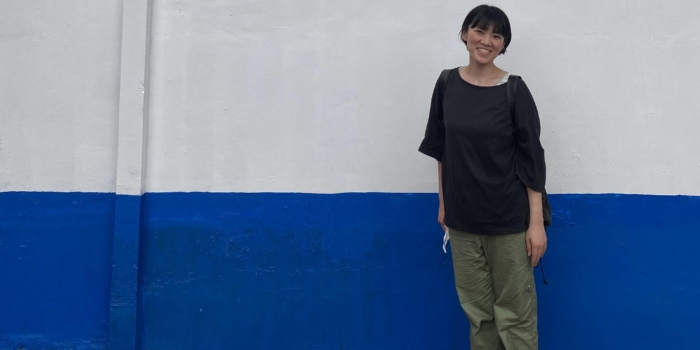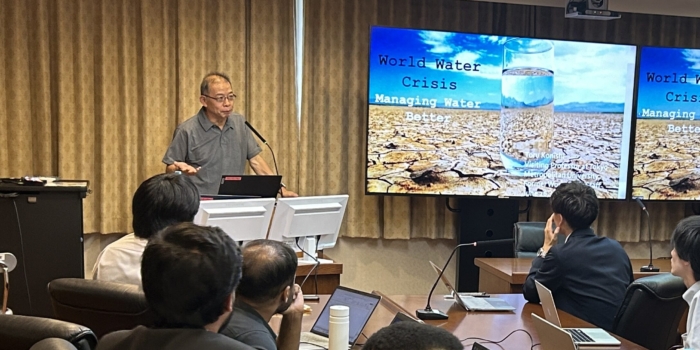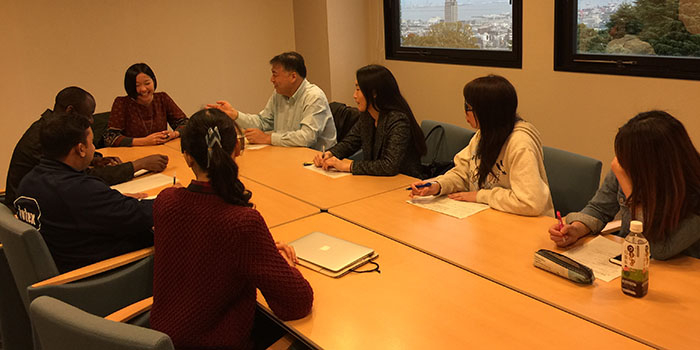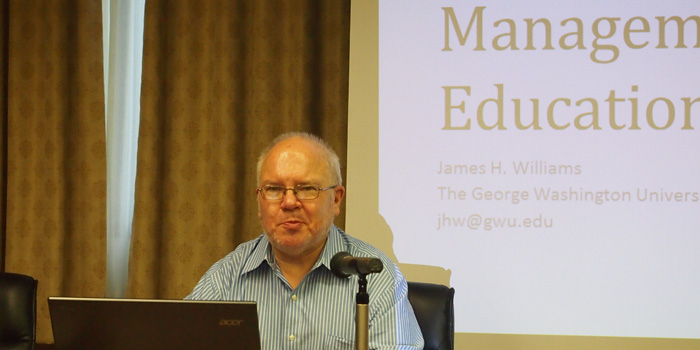From February 29 to March 12, 2024, I conducted fieldwork in the district of Tondo, Manila, Philippines. The purpose of the fieldwork was to investigate how Comprehensive Sexuality Education (CSE) is implemented in Tondo, where urban slums have been formed, and to examine the attitudes, beliefs, and behaviors of both recipients and implementers. I especially focused on the content of CSE, which is aimed at preventing teenage pregnancy. During the fieldwork, I interviewed young people around 20 years old, their mothers, and high school teachers.
First, group interviews were conducted with young people: males around 20 years old and females around 20 years old who had experienced pregnancy in their teens. Although individual interviews were conducted with participants online in advance, when the group interviews were conducted, I was able to hear the same-age cohorts expressing their opinions to each other and their “narratives” in the context of the community.
Next, for the interviews with mothers, group interviews were conducted with mothers of sons and daughters who had become parents in their teens. Although these participants had also conducted individual interviews online before the study, during the group interviews, there were lively conversational exchanges among the participants, including tears and laughter, which helped to deepen my understanding of how parents view pregnancy in the teenage years.
Interviews were also conducted with high school principals and teachers in charge of CSE classes. I was able to understand the perceptions and values of teenage pregnancy in Tondo from the perspective of the high school teachers. Furthermore, in contrast to the interviews with young people and mothers, where I heard personal experiences as narratives, I gained a new understanding of how teachers view CSE as a job.
During the fieldwork, in addition to the interviews, I walked around Tondo and visited private homes to get a firsthand sense of the atmosphere and context of the area. This was information that could not be obtained through online interviews, so it was very meaningful. I will continue my analysis and research so that my experiences from this fieldwork can contribute to the implementation of CSE in the Philippines in any way I can.
Finally, I would like to express my sincere gratitude to NPO ACCESS, for their cooperation in both Japan and the Philippines, to the interview participants and coordinators for their cooperation, and to my academic advisor, Professor Keiichi Ogawa, for supervising and supporting this fieldwork.
Authored by Rie Ueno (Doctoral Student)
Related






